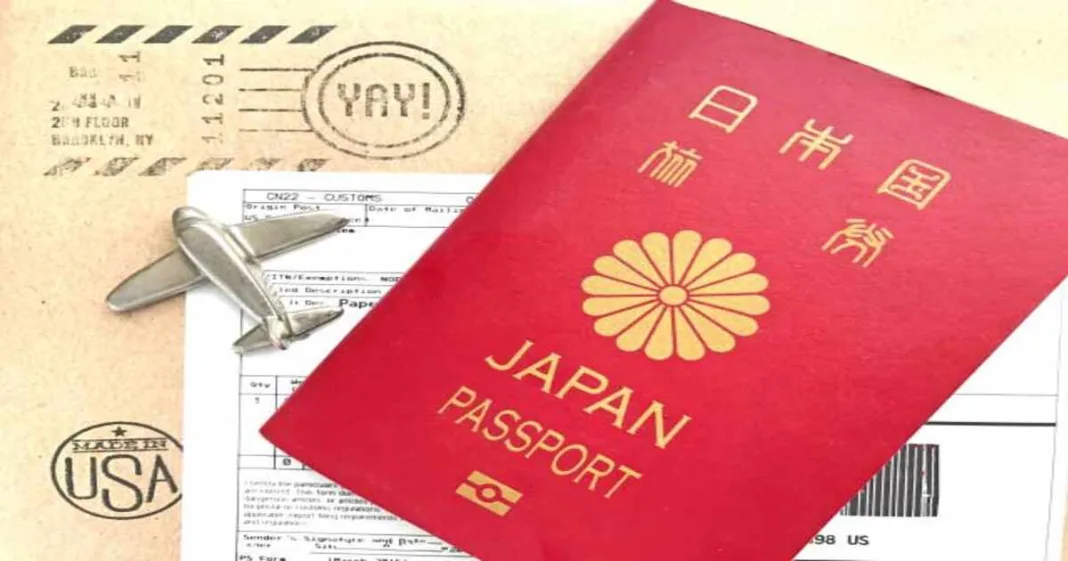Japan’s Immigration Services Agency has recently introduced new guidelines aimed at enhancing transparency in its policies regarding special permission for residence. This initiative comes as a response to the need for clarity and fairness, particularly for individuals who have overstayed their visas and are facing deportation proceedings.
Transparency and Accessibility
The unveiling of the revised guidelines signifies a commitment to transparency within Japan’s immigration system. By providing clear criteria for obtaining special permission for residence, the aim is to assist individuals residing unlawfully in Japan in understanding their eligibility for this vital lifeline.
Read More: Türkiye Ranks Third Globally in Diplomatic Power, Surpassing Japan and France
Comprehensive Evaluation Process
The revised guidelines introduce a comprehensive evaluation process that takes into account both negative and positive factors. Negative considerations include the extent of the individual’s prolonged illegal stay, while positive factors encompass the necessity of protecting the interests of children and families, ensuring access to vital medical treatment, and assessing support from prospective employers or third parties.
Complex Decision-Making
Despite the increased clarity offered by the guidelines, the decision-making process remains complex and holistic. Justice Minister Ryuji Koizumi emphasized that decisions are made on a case-by-case basis, considering various factors unique to each individual’s situation.
Legislative Amendment
A legislative amendment slated for June will further complement the revised guidelines by allowing individuals to apply for special permission for residence during deportation proceedings. This amendment will enhance accountability in the decision-making process, as the justice minister will provide reasons for approving or denying such applications.
Criteria for Examination
The cases of visa overstayers will be examined based on several key criteria, including the necessity to protect the interests of children living in Japan, the availability of support from future employers or other third parties, the risk to their lives if unable to continue medical treatment in Japan, and their status as stateless individuals.
Prioritizing Welfare and Unity
The guidelines, initially established in 2006 and revised in 2009, prioritize the welfare of children, family unity, marriage to Japanese nationals, and statelessness. These values emphasize Japan’s commitment to upholding humanitarian principles in its immigration policies.
Read More: Japanese Semiconductor Industry Gains Momentum with Taiwanese Investments
In 2022, the justice minister granted special permission for residence to 1,525 individuals, highlighting the importance of these measures in addressing the complex immigration challenges facing Japan. With the implementation of the new guidelines and forthcoming legislative amendments, Japan seeks to ensure a fair and transparent process for individuals seeking special permission for residence.














